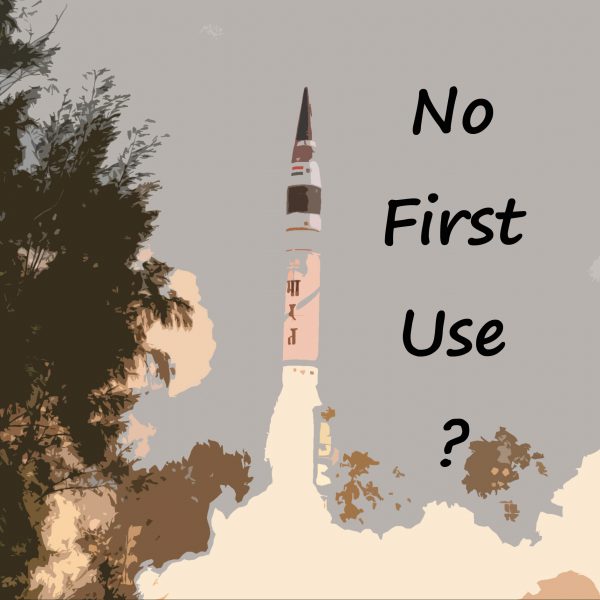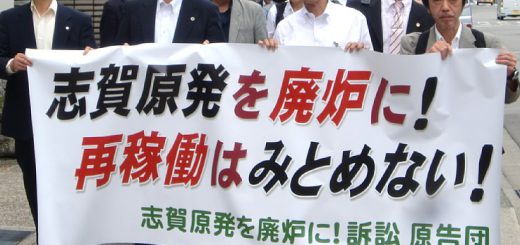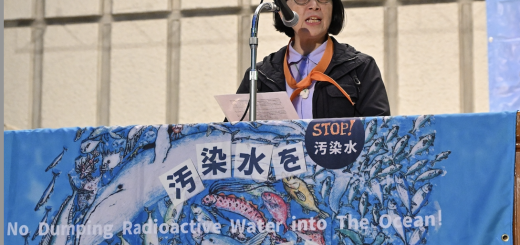CNIC Statement on Weakening of India’s No First Use Policy

CNIC Statement on Weakening of India’s No First Use Policy
September 10, 2019
NPO Citizens’ Nuclear Information Center
On August 16, India’s Defense Minister Rajnath Singh tweeted, “India … remain[s] firmly committed to the doctrine of ‘No First Use’. India has strictly adhered to this doctrine. What happens in future depends on the circumstances.” The tweet came as Singh toured Kashmir, a northern region claimed by both India and Pakistan, and is seen as a statement aimed as a warning to Pakistan during increasing tensions in the region.
India’s nuclear doctrine, as announced in 2003, includes a declaration of the No First Use (NFU) of nuclear weapons, stating that “nuclear retaliation to a first strike will be massive and designed to inflict unacceptable damage,” and that “in the event of a major attack against India … by biological or chemical weapons, India will retain the option of retaliating with nuclear weapons.” Nevertheless, including this latest tweet by Defense Minister Singh, top officials in the Indian government have repeatedly made statements that suggest a weakening of the nuclear NFU policy in recent years. During the general election campaign in 2019, Prime Minister Modi said, “India has quit the policy of being scared of Pakistani threats … Else, every other day they announced, ‘We have a nuclear button, we have a nuclear button.’ So what do we have then? Are those being saved for Diwali?” (Diwali is the Hindu festival of lights.)
When considering whether one can trust countries that have declared NFU, it is extremely important to have proof that the policy will be sustained into the future. In that sense, if top officials state that NFU may be reviewed, trust in that policy will fade. If the situation is that “What happens in future depends on the circumstances,” this is the equivalent of India having already revised its NFU policy. With the present greatly increased tension over nuclear weapons in South Asia, a policy shift of this nature is a matter for deep concern.
In 2017, Japan concluded the Agreement between the Government of Japan and the Government of the Republic of India for Cooperation in the Peaceful Uses of Nuclear Energy for cooperation concerning nuclear power with India, a nuclear power that is not a member state to the Treaty on the Non-Proliferation of Nuclear Weapons (NPT). A great many citizens, including we at CNIC, have spoken up to strongly oppose the Agreement as an obstacle to non-proliferation and the abolition of nuclear weapons.
One very serious issue with the Agreement was how to have India, a nuclear power, guarantee peaceful use and non-proliferation. The governments of the two countries therefore signed a “Note on Views and Understanding,” in which the Japanese government declared that it may exercise its right to suspend the Agreement if India deviated from the “September 5 statement” (pledging unilateral and autonomous suspension of nuclear weapons testing, non-proliferation, NFU, separation of military and civil nuclear facilities, and others) issued in 2008. The Indian government reconfirmed the 2008 statement. Furthermore, in the Diet debate on the Agreement, when asked what the government would do in the case that there was a change in the NFU policy, the Minister for Foreign Affairs at the time, Fumio Kishida, replied, “If there is any change in the content of the basic documents, we will exercise our rights” (Lower House Foreign Affairs Committee, May 12, 2017).
The Japanese government claims that the conclusion of this Agreement “will lead to the substantive participation of India in the non-proliferation framework.” Now is the time for the Japanese government to use this card. The Agreement should be suspended and India should be informed of the deep concerns of the citizens of Japan and the world, who yearn for peace.
(End)



